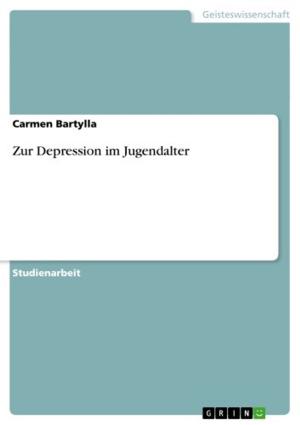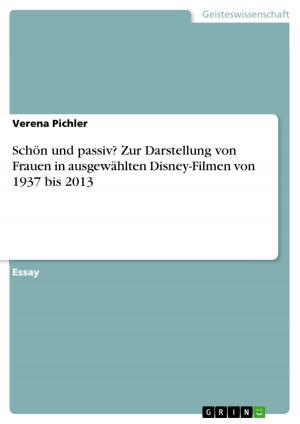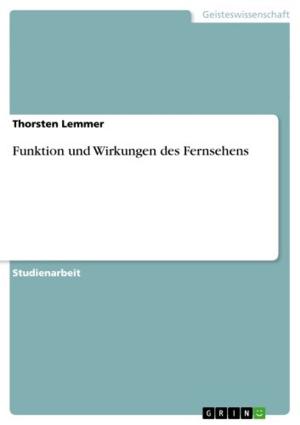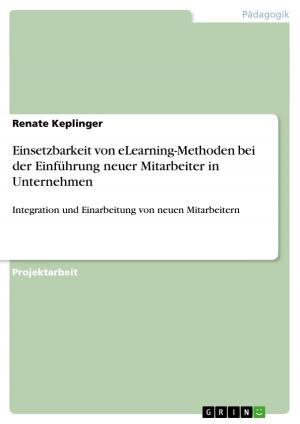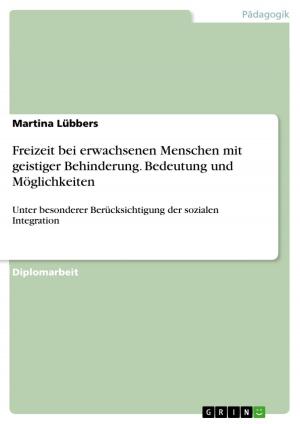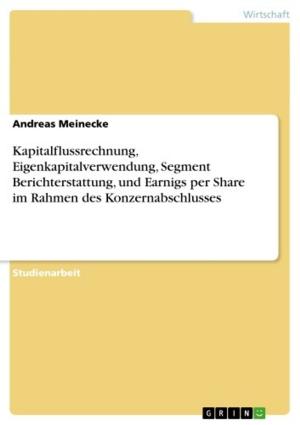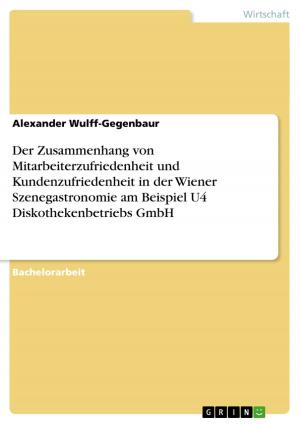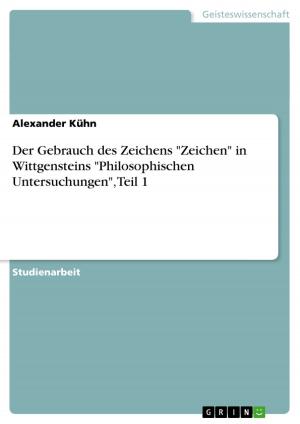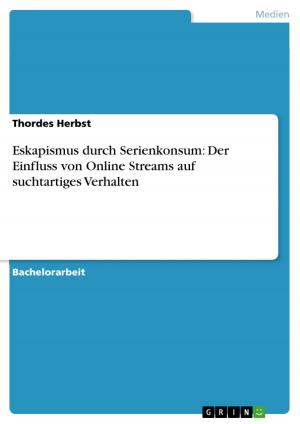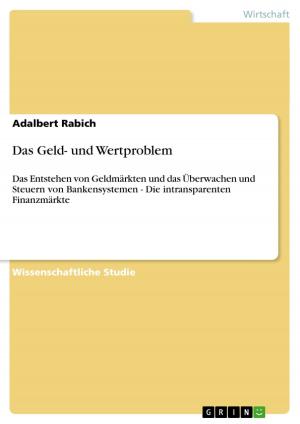Motivation and Foreign Language Teaching - Strategies for Motivation
Strategies for Motivation
Nonfiction, Reference & Language, Study Aids, ESL, Foreign Languages| Author: | Sven Kost | ISBN: | 9783638427449 |
| Publisher: | GRIN Verlag | Publication: | October 12, 2005 |
| Imprint: | GRIN Verlag | Language: | English |
| Author: | Sven Kost |
| ISBN: | 9783638427449 |
| Publisher: | GRIN Verlag |
| Publication: | October 12, 2005 |
| Imprint: | GRIN Verlag |
| Language: | English |
Seminar paper from the year 2003 in the subject English - Pedagogy, Didactics, Literature Studies, grade: 1,3, University of Paderborn, 7 entries in the bibliography, language: English, abstract: The assumption that motivation and learning are directly connected to each other is supported by teachers, researchers and psychologists for a long period of time. They have pointed out that motivation can be regarded as the key issue in language learning processes, thus student motivation must be preserved, elaborated or even heightened. But how can this goal be reached by teachers or other instructors? In order to achieve this lofty mission, teachers and instructors have to make use of specific strategies for motivation. These strategies must be closely connected to the students' lives and it has to be in the nature of these strategies to support the students in their learning process. Learning usually takes place in a classroom atmosphere, thus motivation has to be involved in this environment to guarantee learning effiency. This paper will give an overview about what different kinds of motivations are involved in the learning process and in second language learning in particular. Addionally it should give the reader an idea why motivation is so essential for learning processes. Further more it will take a critical look at what strategies for motivation teachers and other instructors can make use of in order to provide a successful learning environment. In the end it should be obvious how far the teacher can positively influence language learning processes, in particular second language acquisition processes.
Seminar paper from the year 2003 in the subject English - Pedagogy, Didactics, Literature Studies, grade: 1,3, University of Paderborn, 7 entries in the bibliography, language: English, abstract: The assumption that motivation and learning are directly connected to each other is supported by teachers, researchers and psychologists for a long period of time. They have pointed out that motivation can be regarded as the key issue in language learning processes, thus student motivation must be preserved, elaborated or even heightened. But how can this goal be reached by teachers or other instructors? In order to achieve this lofty mission, teachers and instructors have to make use of specific strategies for motivation. These strategies must be closely connected to the students' lives and it has to be in the nature of these strategies to support the students in their learning process. Learning usually takes place in a classroom atmosphere, thus motivation has to be involved in this environment to guarantee learning effiency. This paper will give an overview about what different kinds of motivations are involved in the learning process and in second language learning in particular. Addionally it should give the reader an idea why motivation is so essential for learning processes. Further more it will take a critical look at what strategies for motivation teachers and other instructors can make use of in order to provide a successful learning environment. In the end it should be obvious how far the teacher can positively influence language learning processes, in particular second language acquisition processes.

